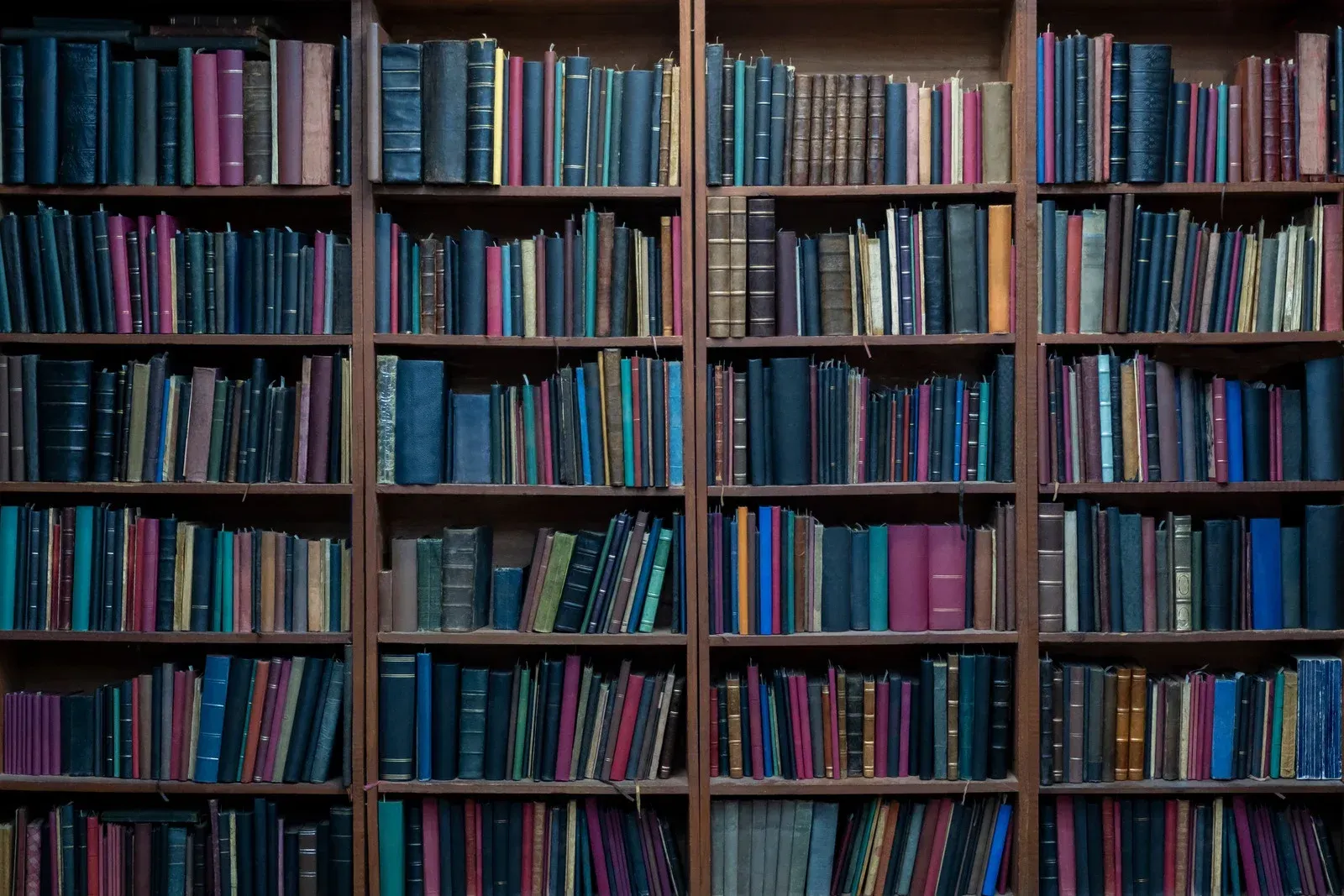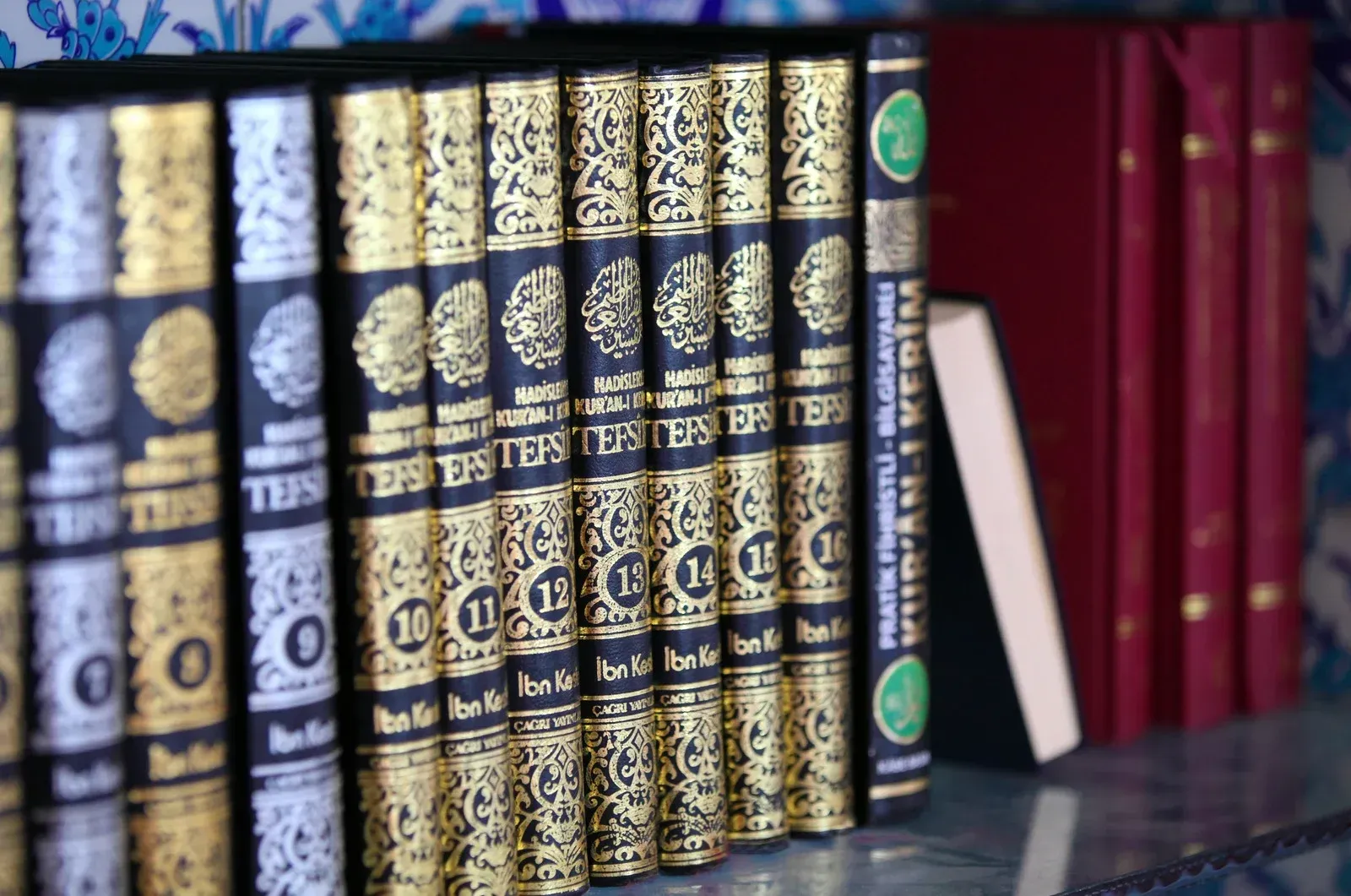Why Preserving Islamic Literature Matters in the Digital Age
Centuries of Islamic thought, spirituality, science, philosophy, and jurisprudence are captured in a vast body of literature. These texts connect generations of scholars, students, and readers to the core teachings and intellectual achievements of the Islamic world. As society becomes increasingly digital, the relevance of preserving this literary heritage takes on a new urgency. Without focused efforts, valuable works risk being lost, forgotten, or misinterpreted in the shift toward modern media consumption.
A Heritage of Beauty, Depth, and Identity
Islamic literature encompasses a broad range of genres—from tafsir and hadith compilations to poetry, theology, and historical chronicles. These works carry linguistic beauty, intellectual depth, and cultural identity. Preserving them is not just about protecting old books. It’s about maintaining access to a living tradition that continues to shape hearts and minds.
Digital Tools Offer Both Access and Risk
The digital age has introduced both opportunities and threats to this preservation. On one hand, digitization allows broader access, with rare manuscripts scanned and made viewable online. On the other hand, the overreliance on convenience-based content can lead to a shallow understanding of sacred texts. The richness of classical scholarship is often incompatible with quick-read formats and social media snippets.
Physical Texts Are Still at Risk
Moreover, many significant works remain in danger due to physical deterioration. Manuscripts written on fragile parchment or aged paper suffer in poorly maintained archives. Without restoration, cataloging, and careful storage, these irreplaceable pieces of history could fade away. Preserving them also includes accurate translation and contextual study to avoid misrepresentation in modern discourse.
Human Stewardship Is Essential
Preservation also requires a human element—trained librarians, scholars, and archivists who understand the importance of nuance. These caretakers ensure texts are not only saved but also respected, interpreted correctly, and made relevant to modern readers. It’s not enough to scan a manuscript; it must be identified, verified, and integrated into an ongoing study.
Libraries Serve as Guardians of Tradition
Libraries, particularly those with a focused mission, play a vital role in this effort. They serve as safe havens for literature that mainstream institutions may overlook. Through carefully curated collections, they allow students, educators, and researchers to explore the depth of Islamic civilization without dilution. When paired with digital resources, such libraries become bridges between the classical and the contemporary.
Education Builds Appreciation and Connection
Another key aspect is education. By teaching the value of these texts, institutions build appreciation among younger generations. They offer workshops, lectures, and study groups that foster deeper engagement. Readers don’t just absorb content; they become part of a legacy. The act of reading a preserved manuscript becomes an experience that links the past to the present.
Preserving Literature Is Preserving Dignity
Preserving Islamic literature is also about preserving dignity. These works are testimonials to a history rich with intellectual rigor and spiritual reflection. Letting them fall into obscurity is a loss not just for Muslims but for global heritage. They hold lessons, values, and insights that remain relevant, especially in an era of increasing division and misinformation.
For over 15 years, The Islamic Library Association
in Charlotte, North Carolina, has been dedicated to protecting and promoting the legacy of Islamic literature. With a deep respect for the past and a strategic focus on the future, we support preservation through both traditional library methods and innovative digital initiatives. We invite those passionate about safeguarding Islamic knowledge to connect, support, and join us in keeping this tradition alive for generations to come.


